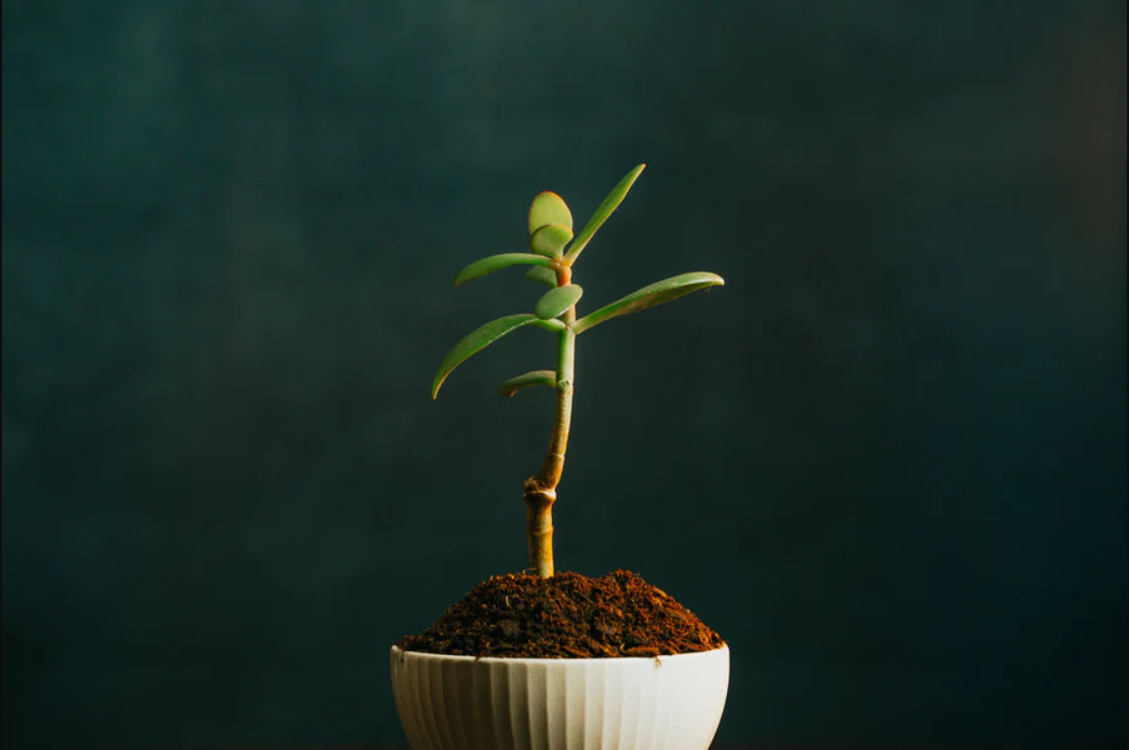Transitioning to a plant-based diet is not just about changing what’s on your plate; it’s a holistic lifestyle shift that can positively impact your health and the environment. In recent years, the popularity of plant-based diets has surged, with individuals worldwide embracing a plant-centric lifestyle. Three main reasons why people make the shift to a plant-based diet are:
Ethical Considerations
The modern industrialized practices of animal agriculture often involve overcrowded and inhumane conditions and has raised ethical concerns over the treatment of these animals. In recent years, cruelty-free alternatives have started to emerge and there has been an increased demand for more humane and sustainable agricultural practices.
Environmental Concerns
Animal agriculture is a significant contributor to deforestation, water pollution, and greenhouse gas emissions. By choosing plant-based alternatives, individuals aim to reduce their ecological footprint and minimize the environmental impact associated with large-scale animal farming.
Health Optimization
The adoption of plant-based diets has been linked to a reduced risk of cardiovascular disease, an increase in metabolic health, and an overall reduced risk of chronic disease. This can largely be attributed to the anti-inflammatory and antioxidant properties of plant foods.
What was once considered niche has now become a mainstream choice for many, mainly for the reasons listed above. In this comprehensive guide, we’ll delve into eight practical tips to help you embrace a well-balanced plant-based diet, making this journey not only sustainable but also enjoyable and nourishing.
- Prioritize Protein
Protein is a cornerstone of a well-balanced diet, and ensuring an adequate intake is crucial, especially on a plant-based journey. Protein plays a pivotal role in muscle development, immune function, and the repair of tissues. Diversify your protein sources by incorporating legumes such as beans and lentils, soy-based products like tofu and tempeh, and pseudo-grains like quinoa. Vegan protein powders, often derived from sources like peas, hemp, or brown rice, can serve as an extra boost of protein.
- Plan Meals Ahead
Meal planning is a key strategy for success on a plant-based diet. Taking the time to plan your meals in advance ensures a balanced nutrient intake and helps you avoid the last-minute temptation of less healthy, processed options. Consider batch cooking staples like grains and beans for the week, making it easier to assemble nourishing meals on busy days.
- Embrace Whole Foods and Limit Processed Foods
As plant-based diets have gained popularity, an array of vegan alternatives have flooded the market, offering both convenience and accessibility. Many of these products, from plant-based burgers to dairy-free ice creams, proudly display vegan labels, attracting consumers seeking cruelty-free options. However, behind the allure of these products lies ultra-processed ingredients that often contain additives, preservatives, and refined ingredients. While these can be eaten on a plant-based diet in moderation, assuming they are inherently healthy solely because they are vegan can be misleading.
Whole foods should form the foundation of your plant-based diet. Fresh fruits, vegetables, whole grains, and legumes are rich in fiber, vitamins, and minerals. Limiting processed foods not only helps you avoid added sugars and unhealthy fats but also maximizes the nutritional content of your meals. Choose foods in their most natural state to optimize the health benefits.
- Variety is Key: Diversify your Nutrient Intake
Aim for a diverse range of plant-based foods to ensure a broad spectrum of nutrients. Incorporating a rainbow of colors on your plate helps ensure you’re eating a variety of antioxidants and phytochemicals. Experiment with different fruits, vegetables, grains, and legumes to keep your meals exciting and nutritionally robust. This approach not only supports overall health but also helps prevent nutrient deficiencies.
- Supplementation
While a well-planned plant-based diet can meet most nutritional needs, certain nutrients may require supplementation. Vitamin B12, crucial for nerve function and energy production, is primarily found in animal products, so supplementation is typically recommended by health professionals. Vitamin B12 is the most notorious vitamin that plant-based eaters supplement with, but there are quite a few other vitamins and minerals where supplementation should be considered as well. Vitamin D, Riboflavin, Omega-3, Iodine, Iron, and Selenium are all nutrients of concern in individuals who don’t eat animal products. joints hurt on vegan diet, a multivitamin designed specifically to fill in the nutrient gaps for individuals on a plant-based diet, can help you easily meet your dietary needs of these nutrients in two easy capsules. Consult with a healthcare professional if you’re considering supplementation to help determine your individual requirements.
- Cook at Home
Preparing meals at home provides you with control over ingredients and cooking methods. It’s an opportunity to get creative with plant-based recipes, experiment with new flavors, and tailor your meals to your taste preferences. Cooking at home not only allows you to choose whole, nutrient-dense ingredients but also lets you know exactly what ingredients you are putting in your food, leaving no doubt whether your meal is truly vegan or not.
- Join a Community for Support
Building a supportive community is a vital aspect of a successful plant-based journey. Joining plant-based groups or forums allows you to share experiences, gain encouragement, and exchange tips and advice. Engaging with like-minded individuals provides a sense of community, making the transition smoother and more enjoyable. Celebrate victories together, and lean on the community during challenges.
- Be Kind and Patient with Yourself
Transitioning to a plant-based lifestyle is a personal journey, and it’s essential to approach it with kindness and patience. Celebrate your successes, regardless of size, and understand that progress takes time. Embrace the learning process and acknowledge that every positive choice you make contributes to your overall well-being. Cultivating a mindset of self-kindness promotes a sustainable and positive relationship with your plant-based lifestyle.
Adopting a well-balanced plant-based diet extends beyond the food on your plate; it’s a holistic lifestyle that nourishes your body and supports a sustainable, compassionate way of living. By prioritizing the eight tips above, you’re not just making dietary changes—you’re laying the foundation for a thriving and fulfilling plant-based journey.

